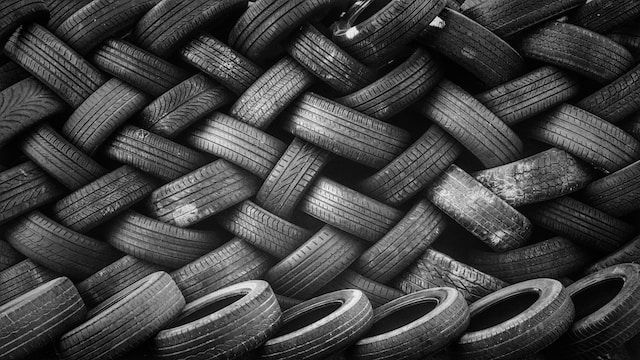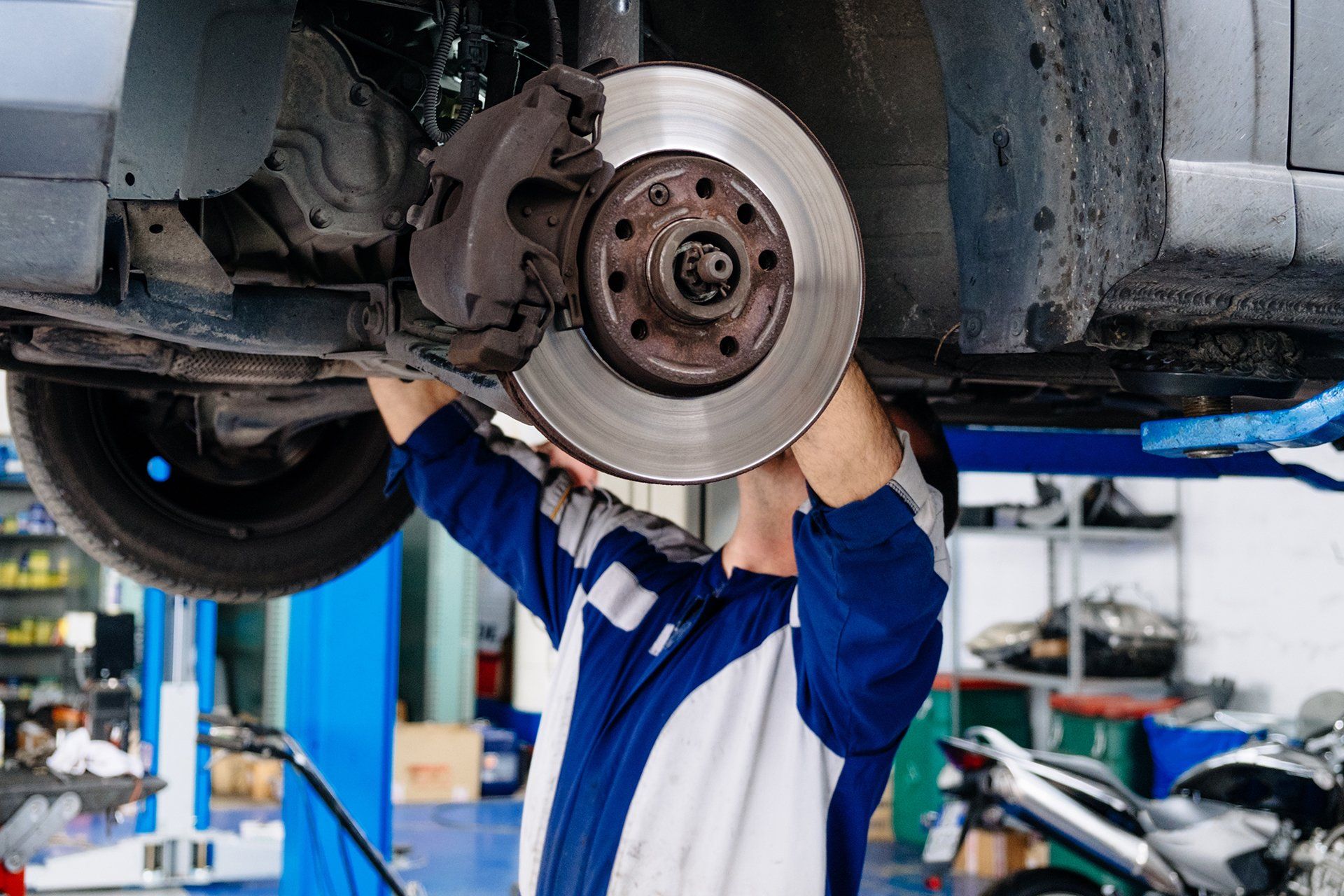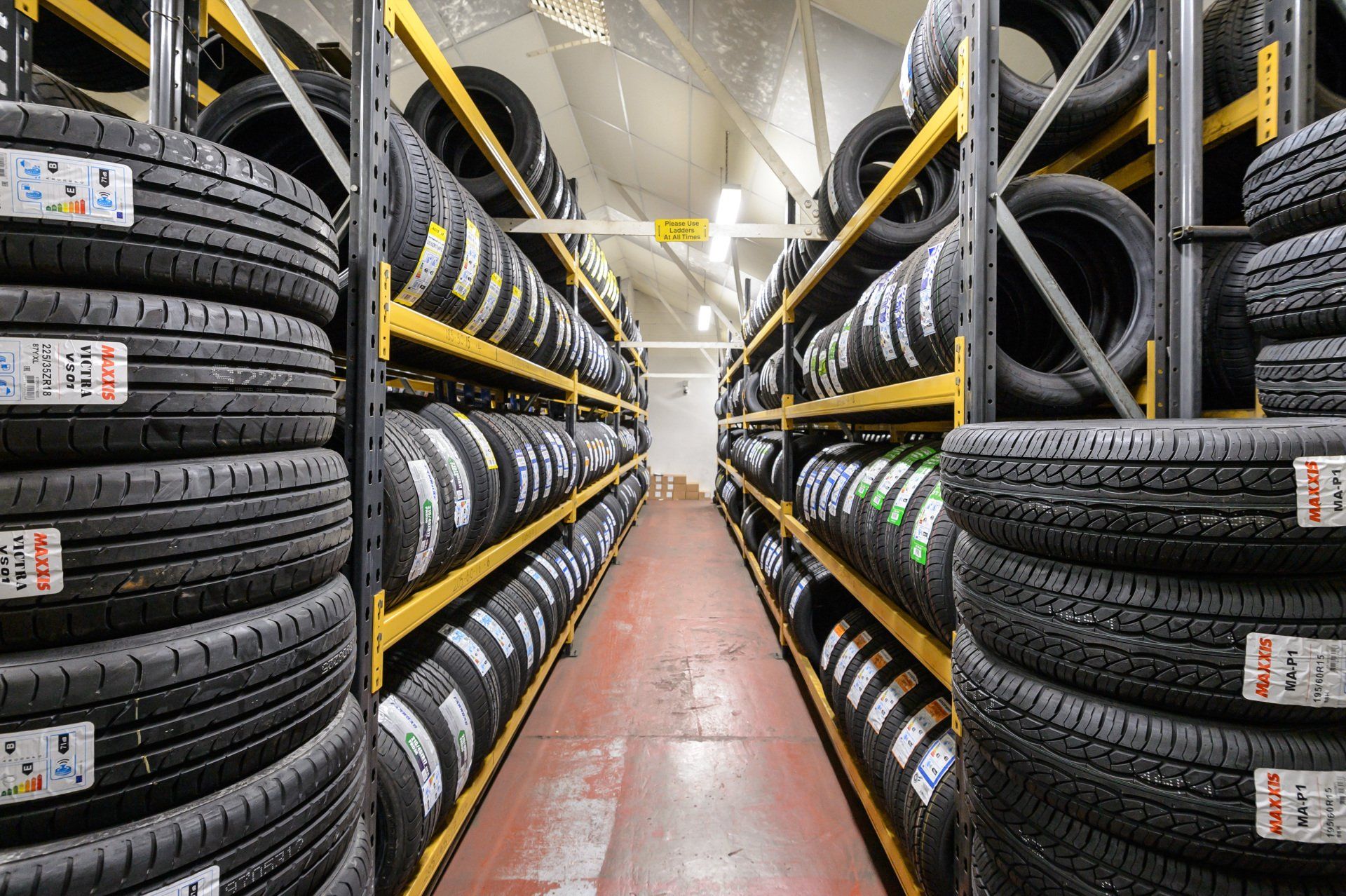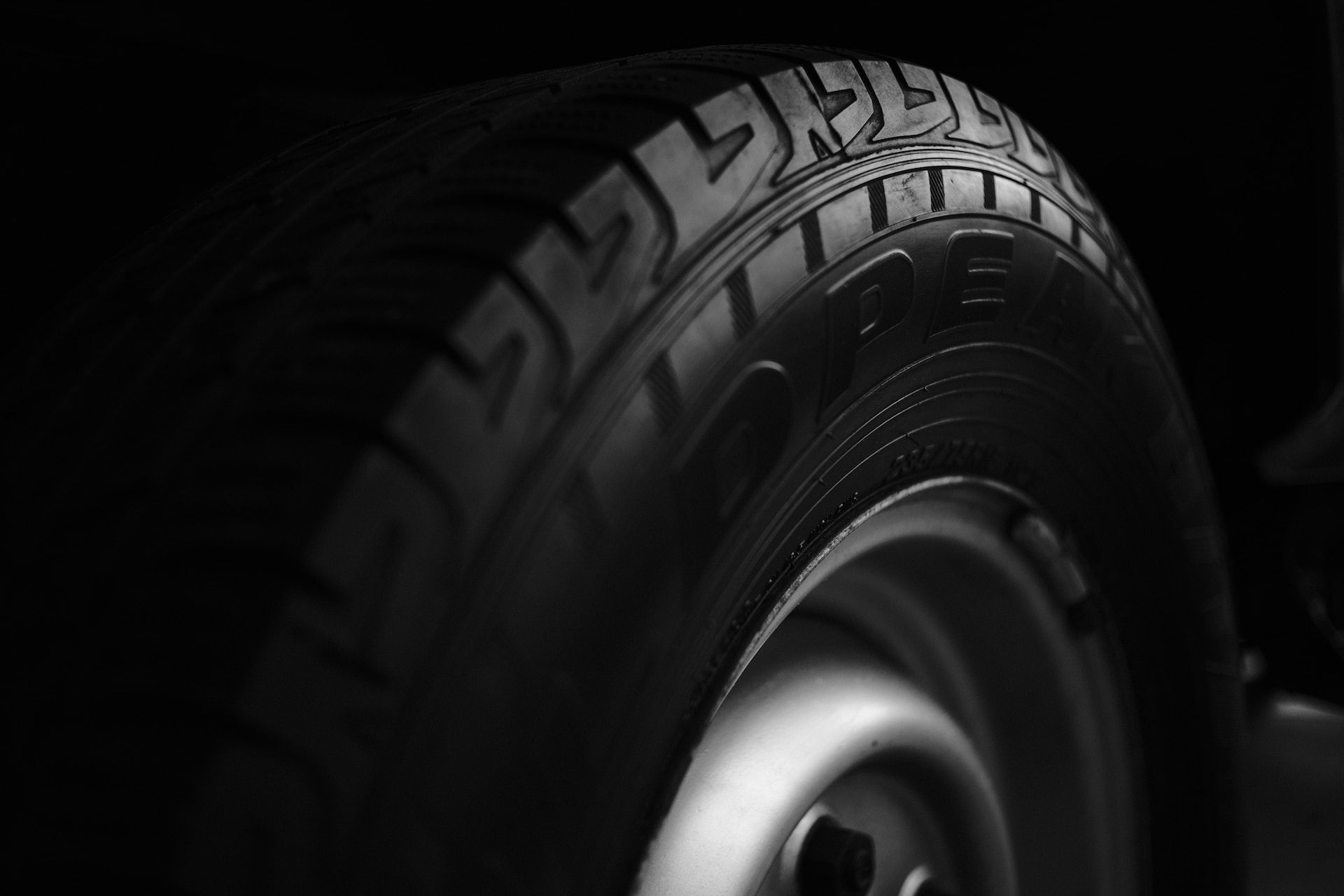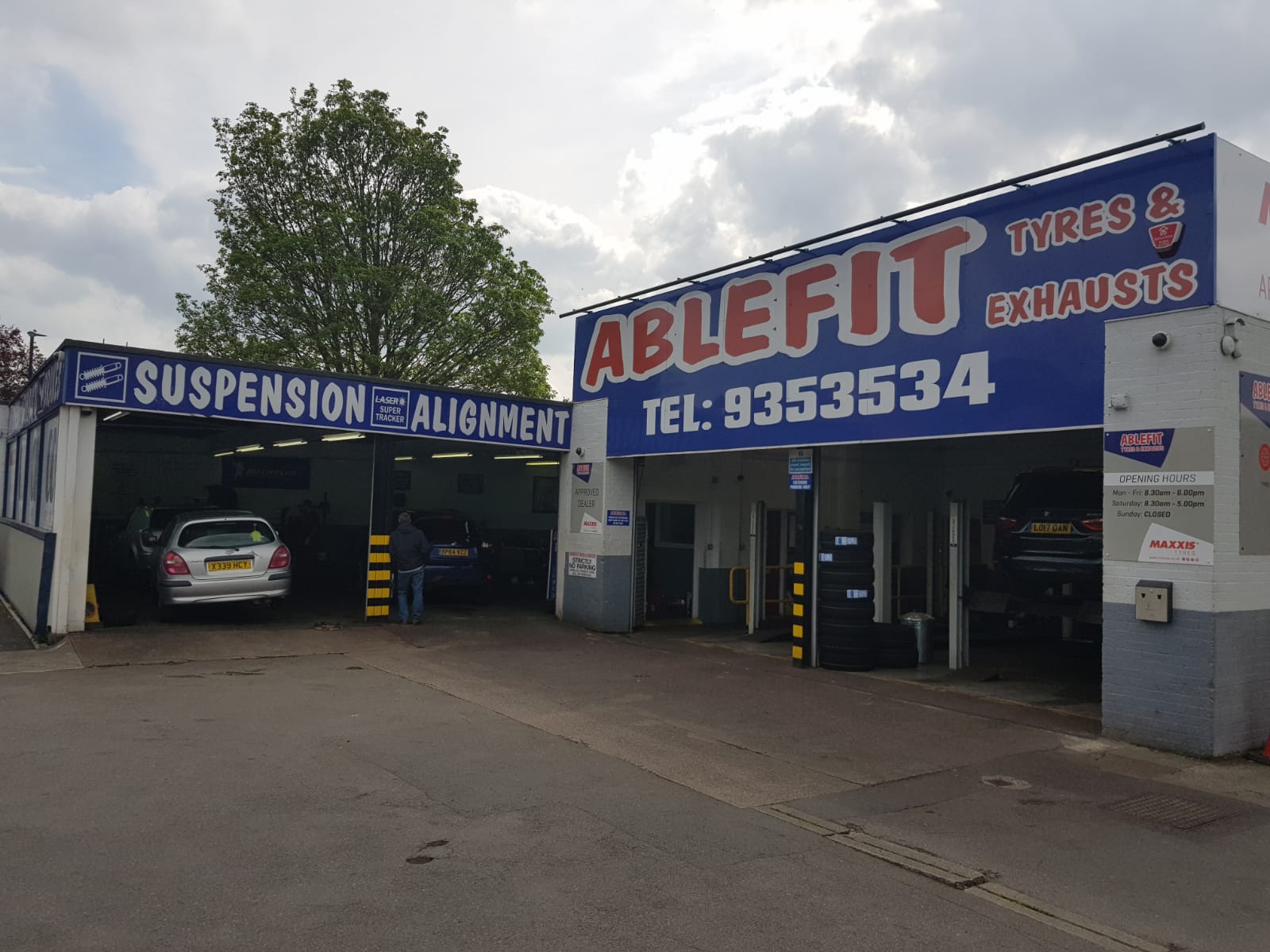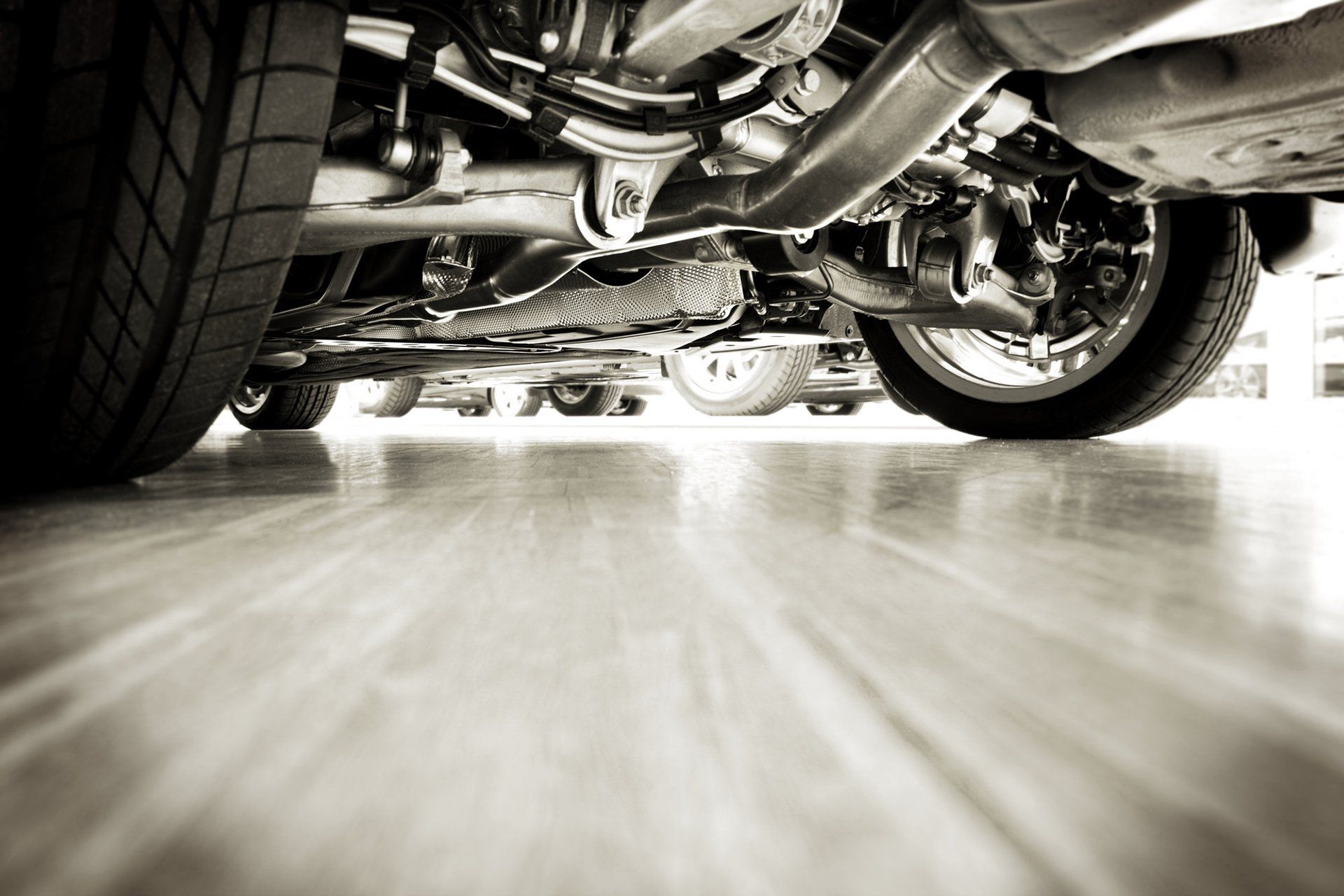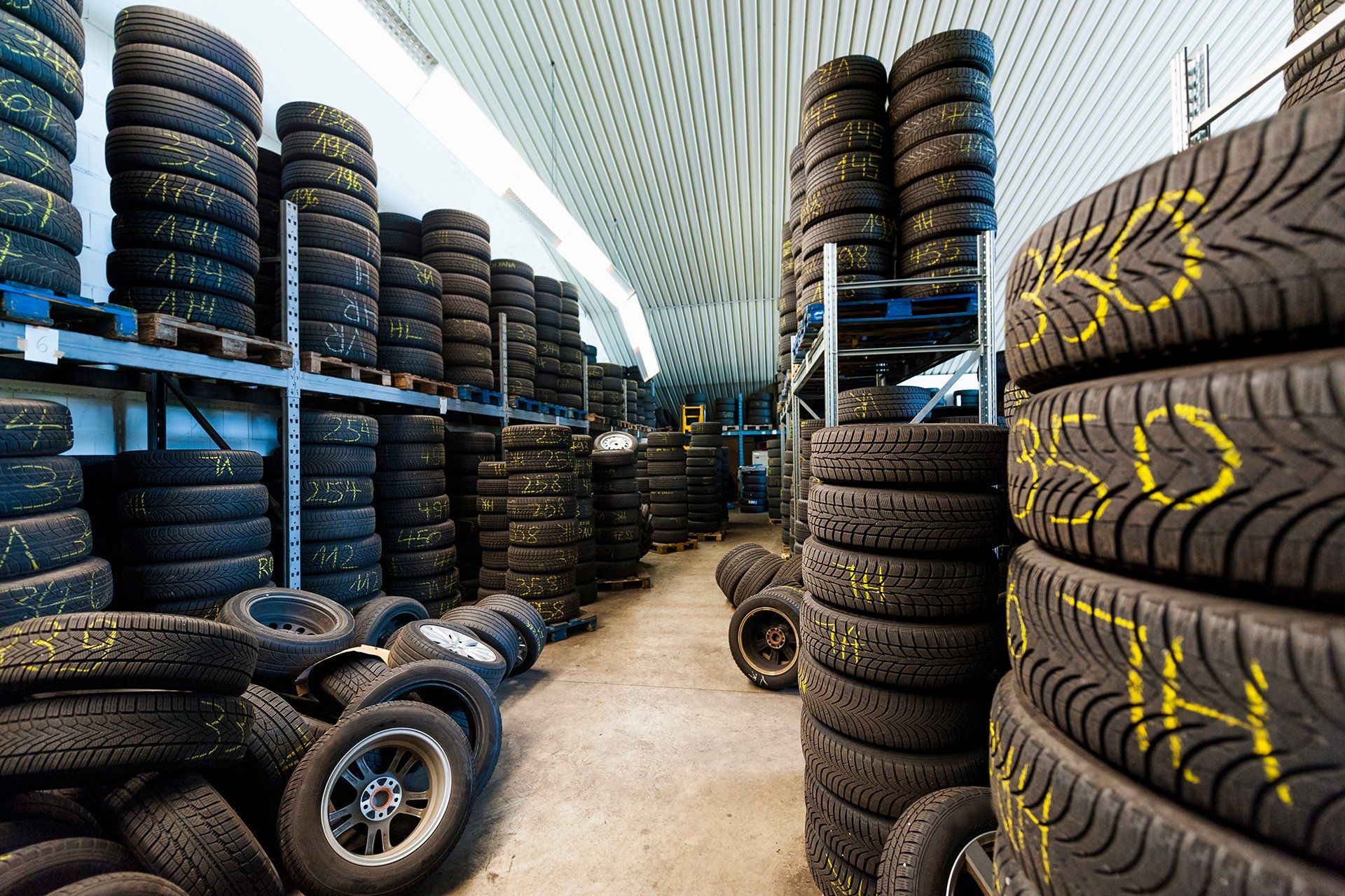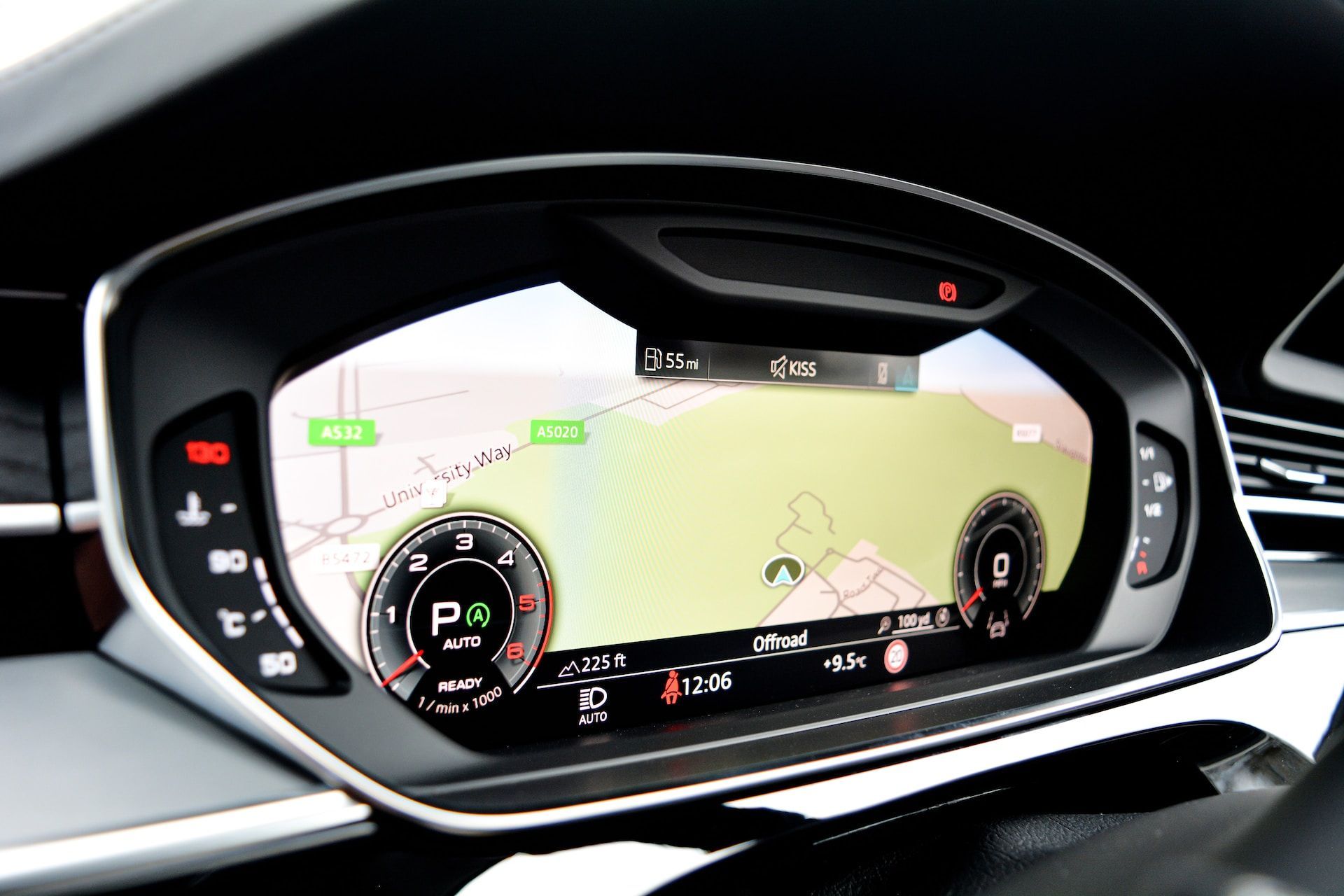When should you change your car tyres?
How to know when to replace your tyres
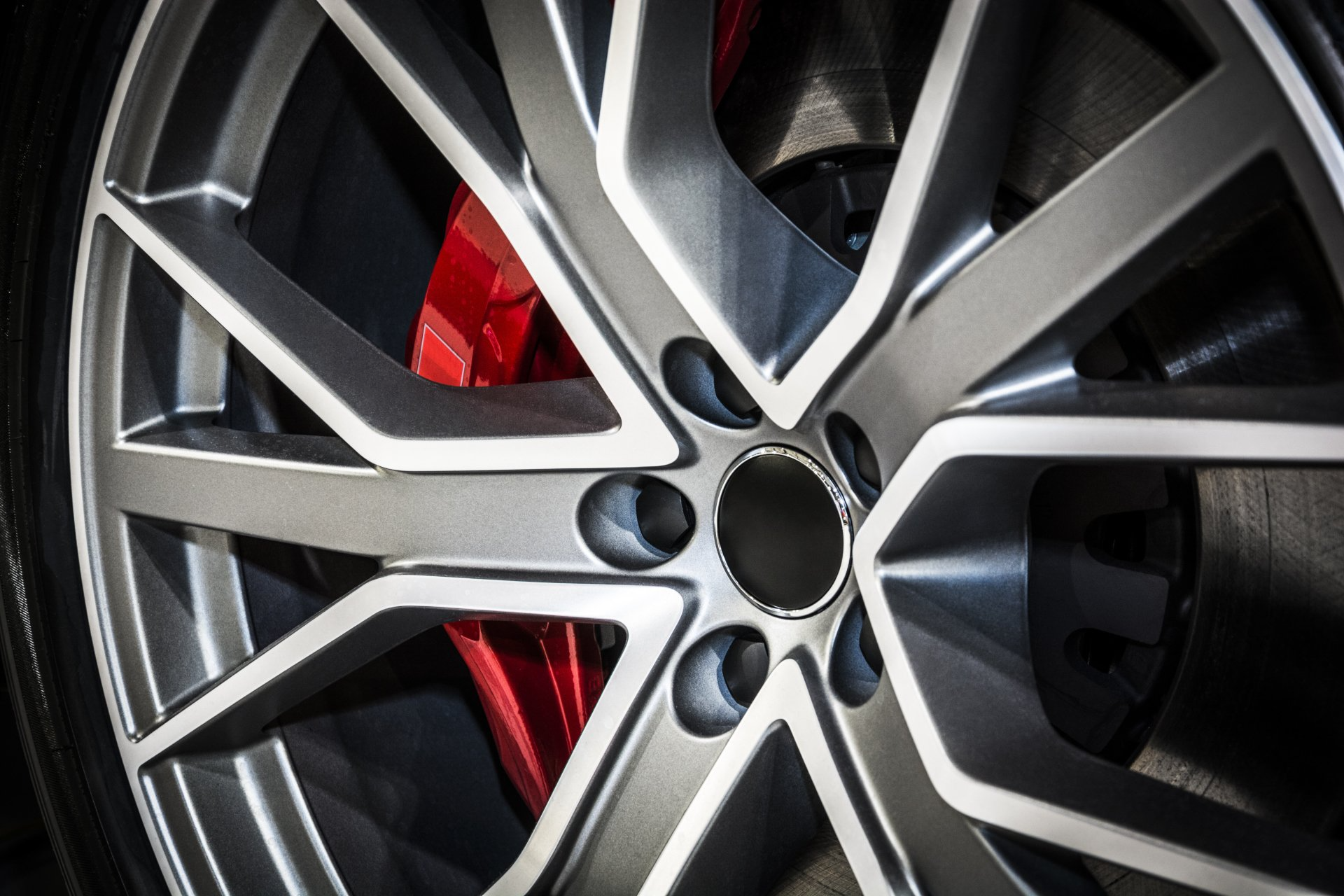
Tyres are an easily overlooked but completely vital element of your day-to-day driving safety. Having tyres that are up to the job will both keep you safe and make your drive more efficient.
Tyres are your only contact point with the road as you drive - the friction they create with the road surface beneath is the primary factor in your ability to start, steer, and stop your vehicle.
How to know when to replace your tyres
Did you know that defective tyres cause the highest number of accidents out of all vehicle faults in the UK? Inadequate tyres won’t just fail an MOT, you can also be fined a whopping £2,500 and notch up 3 penalty points on your license, per faulty tyre.
You can’t wait until your tyres are unsafe; it’s crucial you know the warning signs and can catch the progress of your tyres from safe to unsafe.
- Tyre tread
- Tyre cracking
- Tyre wall deformity
- Manufacturer markings
Read on as we go into our safe tyre checklist to keep you, and fellow drivers, safe on the road.
Observing worn tyre treads
The tread pattern on your tyres is perfectly designed to syphon water from the road away from your tyres so you can keep contact with the road and drive safely.
How deep these treads are directly impacts how much water they are able to disperse as you drive, so the risk of aquaplaning increases massively when the tread depth decreases.
Aquaplaning happens when your tyres are incapable of displacing the water beneath them, so your vehicle skids across the surface of the water - rendering you completely out of control of your vehicle.
If your tyre tread is worn to under 1.6mm deep, you must replace it. There needs to be more than 1.6mm tread depth across the middle three-quarters of the tyre, and covering the full circumference right the way around it. If there isn’t, your tyres are illegal. Many tyre suppliers will actually suggest you change your tyres when they reach a depth of 3mm, because most sitting water on roads is deeper than 1.6mm, especially through the winter, so waiting until you reach the legal limit puts you in the danger zone for aquaplaning.
TIP: TRY THE 20 PENCE TYRE TEST
You can easily make sure your tyres are safe by measuring the tread of your car tyres with a twenty pence piece. Just stick 20p into the tyre’s tread groove. If you can see the outer band running around the coin, the tread has been eroded too much, and it’s time to renew your tyres. Ensure you check at various points right around the tyre, and across the full width of it.
Finding major tyre cracking
The upshot of carrying out maintenance checks of your tyres’ tread depth is that if there is cracking to the tread pad, or tyre walls, it will be much easier to spot. Although small cracks are standard wear and tear, deeper fissures or cracks mean your vehicle needs tyre replacement.
If larger cracks on the tyre are left unattended, there is the chance of a tyre blowout, which is definitely something you want to avoid. So if you do find a significant crack anywhere, it's important to act immediately.
Other damage to keep an eye out for includes uneven wear on the tyre, any foreign objects such as nails stuck in the tyre, or any lumps or chunks which are missing, due to impact with items on the road.
Noticing deformity to the tyre wall
Bulges on the inner or outer tyre walls might not seem like an emergency, but this is a sure sign that the internal structure of the tyre has been compromised.
Tyres are made of various overlapping materials and structures. A bulge means that there is an internal rupture, and you’re fast-tracked for a dangerous blowout, or escalating vehicle damage, such as to the suspension.
Having outdated tyres
Important manufacturing and specification data are marked on the side of tyres. If these markings are erased, you need to replace them. Tyres age depending on a wide variety of variables, so it’s best to regularly perform maintenance checks on your tyres.
Michelin recommends that tyres be replaced 10 years after manufacture. If yours are outdated, the markings are erased, or there is significant uneven wearing, tyre replacement is essential.
On the other hand, newness doesn’t guarantee tyre health. If a new tyre has sat unused for a while it may also need replacing, as the tyre’s rubber compound can dry out and split due to fluctuating weather conditions.
TIP: Keep ‘em moving
Keep your tyres in use by taking your car for a short trip if it’s been sitting unused for more than a couple of months, to warm them up and help stop the rubber from cracking. Check your spare, too!
Think you need a tyre check?
Get a professional pit stop in Bristol with Ablefit booked in now.
As you can now appreciate, tyres are arguably the most important components of your vehicle. High quality, correctly aligned, and well-maintained tyres ensure your continued safe driving.
Drop by one of our garages in
Longwell Green or
Muller Road, with no booking necessary, for expert tyre advice, a professional, rapid service and the best deals on quality manufactured tyres, all sold with lifetime guarantees.
Need new tyres?
Contact us today, and get back on track with Ablefit expertise.


